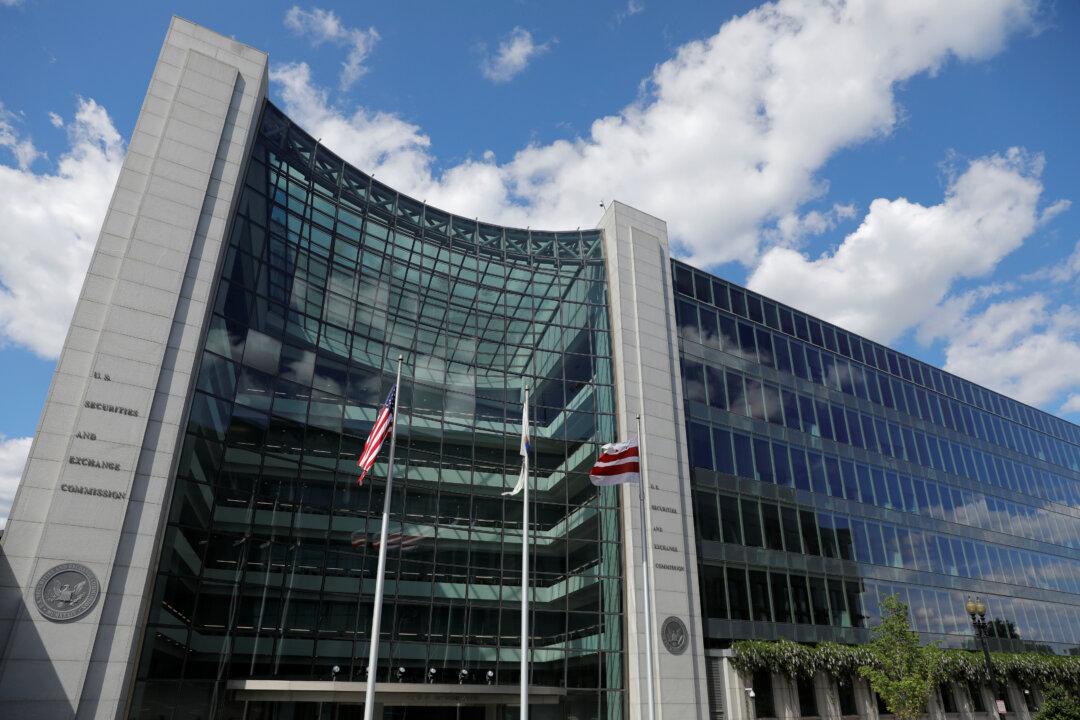Commentary
The good news is that a Republican congressman who believes in the financial liberty afforded by cryptocurrency is interim speaker of the House and might put legislation preventing regulatory overkill on a faster track. The bad news is that the disparity within the Biden administration over what crypto actually is—a security? a commodity? an exotic new element foreign to this planet?—could be the chaos that prefigures constriction.





